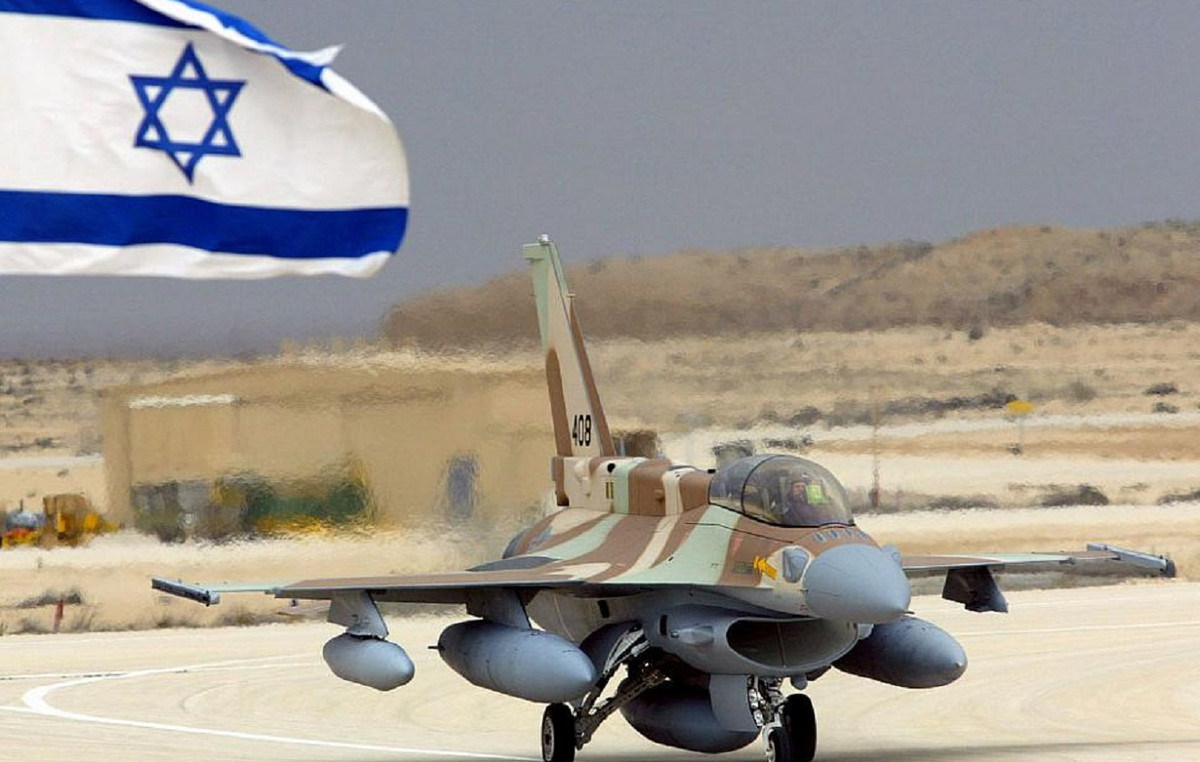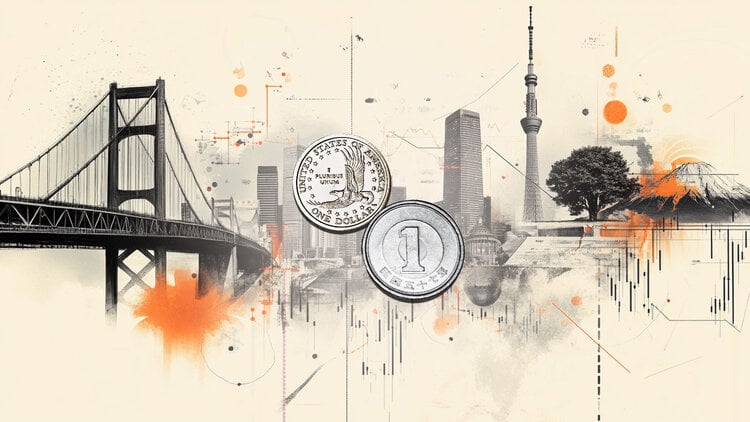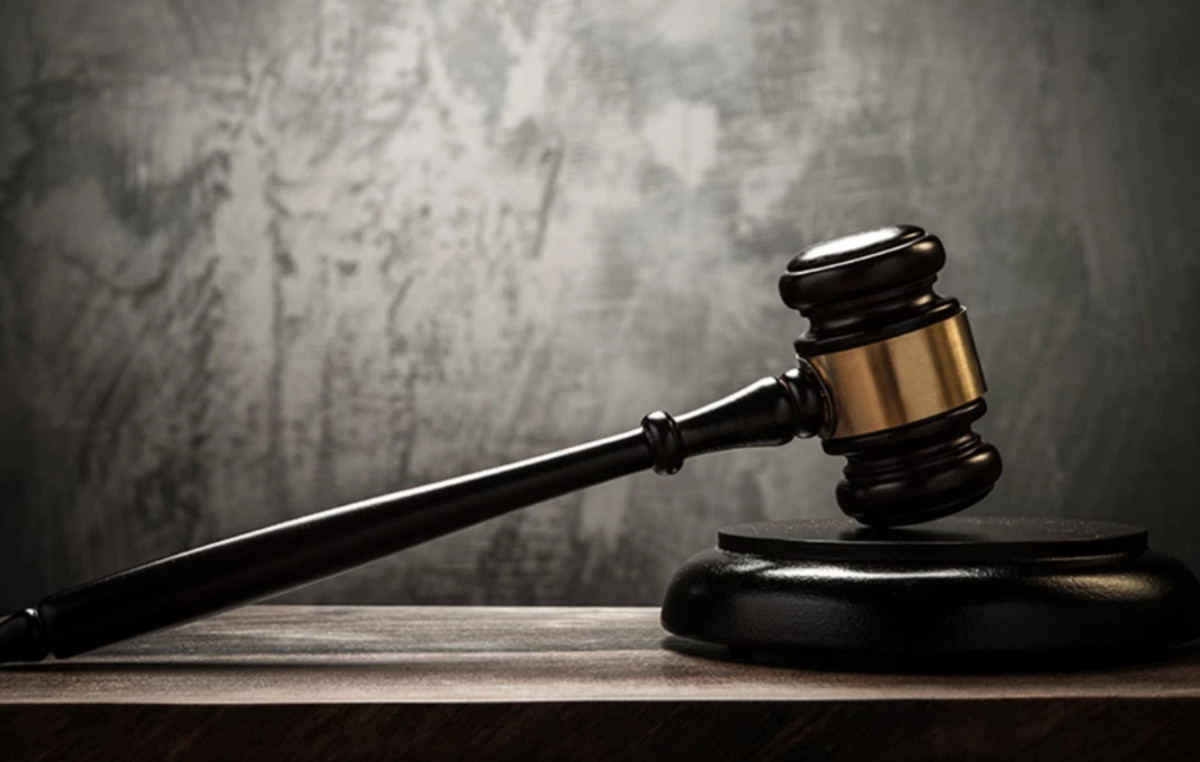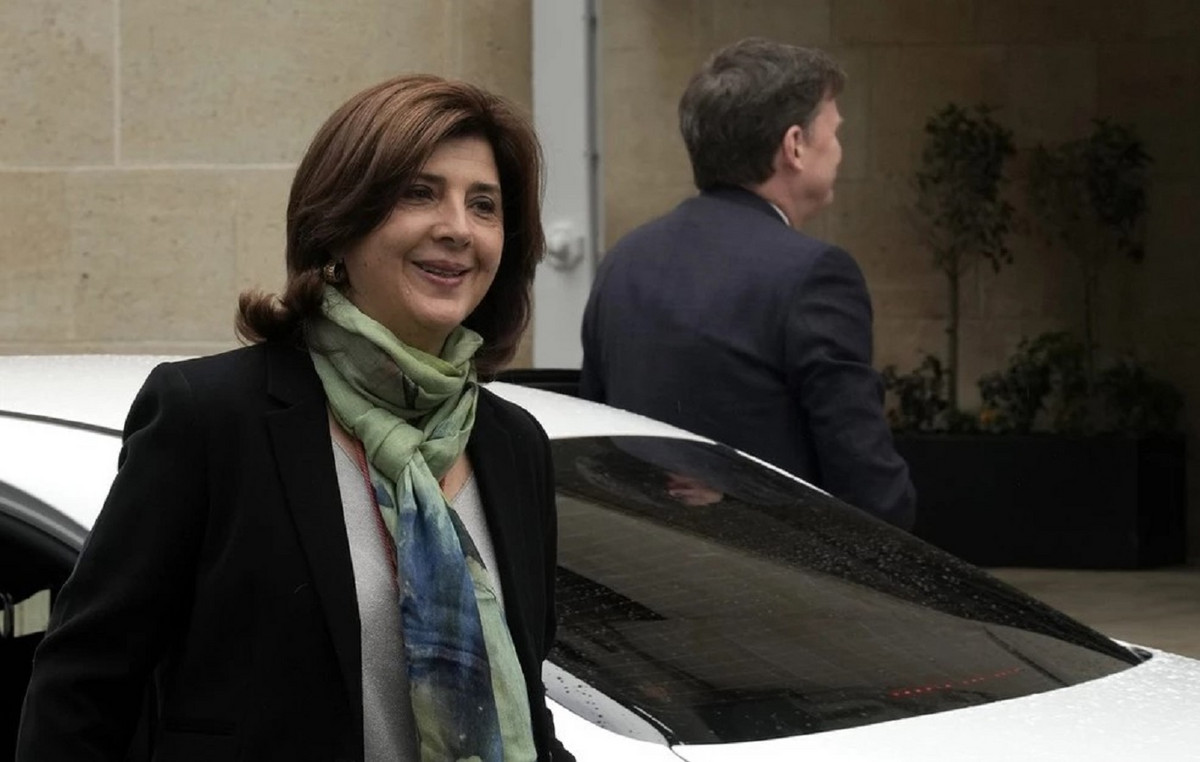The undue and even threatening meddling of the Armed Forces in the electoral process — were called to present suggestions and not to give orders — refers to 1982, when voters would once again choose governors by direct vote — a time when it was still common to use the words “military” and “elections” in the same sentence.
In that Brazil presided over by a general — João Baptista de Oliveira Figueiredo — there were many doubts about how far the redemocratization process would go. The agendas published every March 31 were read with a magnifying glass, it was necessary to unravel the intentions of the military commanders, then ministers.
We reporters knew their names by heart. Every time we stood in front of them, we tried to question them about the opening, about whether ex-exiles like Leonel Brizola would take office if they were elected. As an intern at the Rio branch of “Estadão”, I remember asking the question more than once.
There was a certain consensus in the newsrooms: ministers Délio Jardim de Matos (Aeronautics) and Maximiano da Fonseca (Navy) were “liberal”, they supported the return of democracy. Walter Pires (Army) would be more reticent — the newspapers said that, when he got angry with the opposition, Figueiredo threatened to “call in Pires”, that is, toughen the regime.
Maximiano would end up removed from the ministry after praising the climate of “order and tranquility” at the rallies that called for direct elections for president.
It was a difficult period. In 1981, after the amnesty, two active duty soldiers, linked to the basements of the dictatorship and opposed to the opening, tried to carry out a terrorist act against young people and artists gathered in a show to commemorate the 1st of May held at Riocentro.
One of the bombs they were carrying in a Puma (a sports car) exploded earlier. Sergeant Guilherme do Rosário died and Captain Wilson Machado, although seriously wounded, survived. He and Colonel Job Lorena de Sant’Anna, assigned to invent a fantasy version of the attack, would be promoted by the Army.
But there were elections for governor. Despite the attempted fraud in the verification process, Brizola was elected and took office. In 1984, the dictatorship surrounded Brasília, put pressure on deputies and prevented direct elections for president in 1985.
The opposition reorganized itself and, thanks to popular support and the conquest of government votes, managed to elect Tancredo Neves to the Planalto indirectly – a complicated election, polluted by actions carried out by the military linked to the then information community, especially the SNI (Service National Information).
Tancredo was elected, but, after an emergency operation, he died without taking office. His deputy, José Sarney — a former ally of the dictatorship — took over, convened the National Constituent Assembly that would draft the 1988 Charter.
Presidents began to be elected by direct vote, politicians of different shades were chosen for the Planalto, two of them — Fernando Collor de Mello and Dilma Rousseff — ended up being removed by impeachment.
There were many problems: inflation, which had exploded under Figueiredo (223.9% in 1984), rose even more, the foreign debt that seemed insoluble, the poverty that challenged rulers, cases of corruption. But it was also the period of the Real Plan and the departure of Brazil from the hunger map.
By leaps and bounds, Brazilian democracy was consolidated and has since gone through its longest period since the Proclamation of the Republic.
When, in 2018, publishing veiled threats to the Federal Supreme Court on Twitter, which would vote on a habeas corpus that would benefit former President Lula, the then Army commander, General Eduardo Villas-Bôas, opened the curtain on the past and revealed that the The Armed Forces had not returned to the barracks at all, they continued to exercise a kind of guardianship over national life.
Since then, we journalists have paid more attention to the barracks, a process that would reach its peak with Bolsonaro’s inauguration. We are back to using the words “elections” and “military” in the same sentence, to paying attention to the agendas of each March 31, to associating general officers with activities that should be restricted to the civilian universe, to unarmed power, to use the happy expression of minister Edson Fachin, president of the Superior Electoral Court.
More serious: we have re-memorized the names of military commanders.
Source: CNN Brasil
I am Sophia william, author of World Stock Market. I have a degree in journalism from the University of Missouri and I have worked as a reporter for several news websites. I have a passion for writing and informing people about the latest news and events happening in the world. I strive to be accurate and unbiased in my reporting, and I hope to provide readers with valuable information that they can use to make informed decisions.







